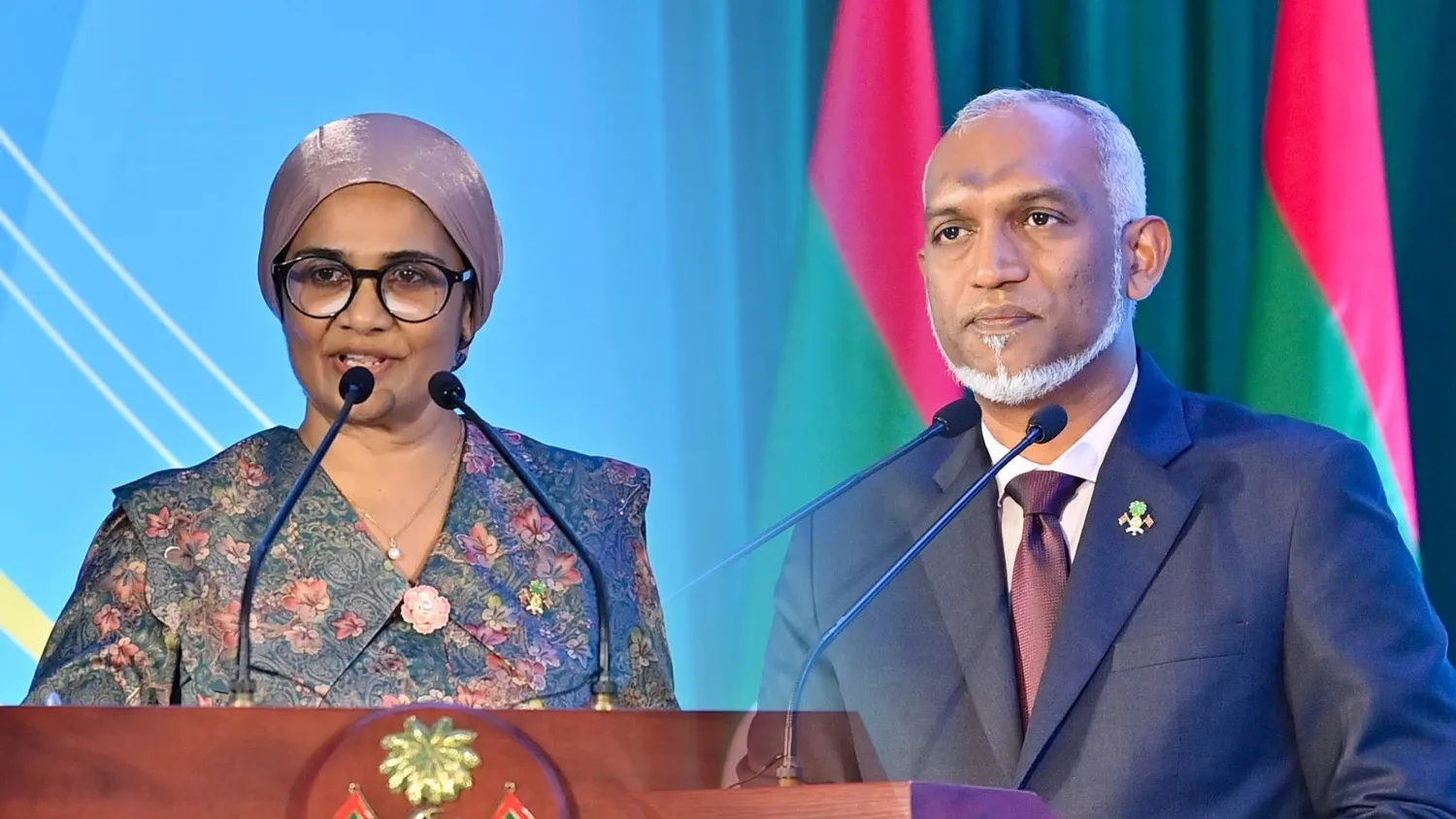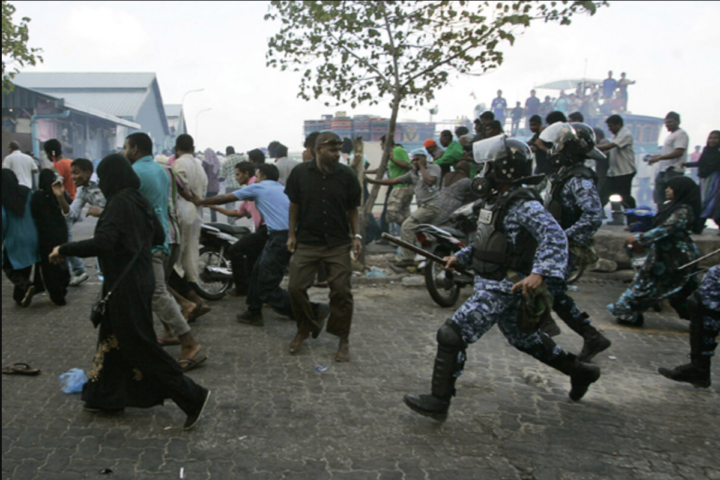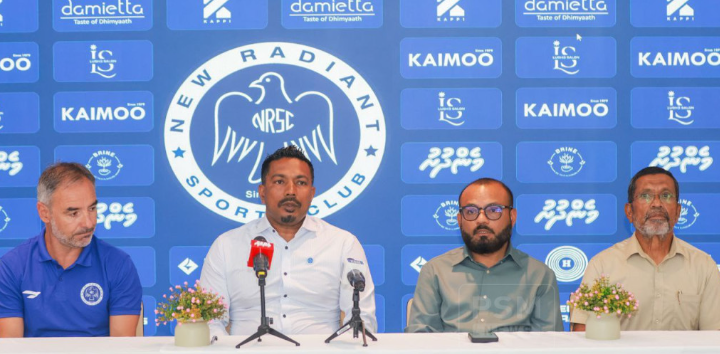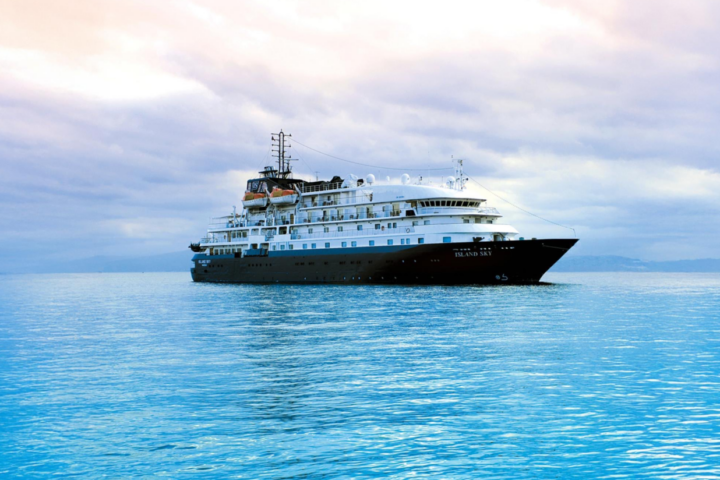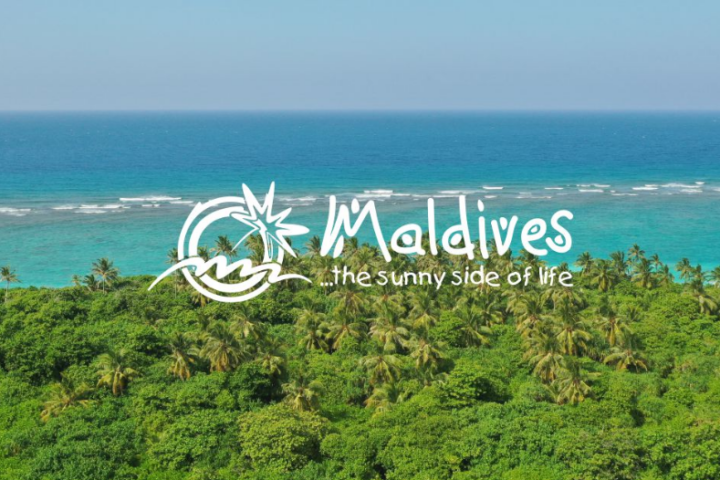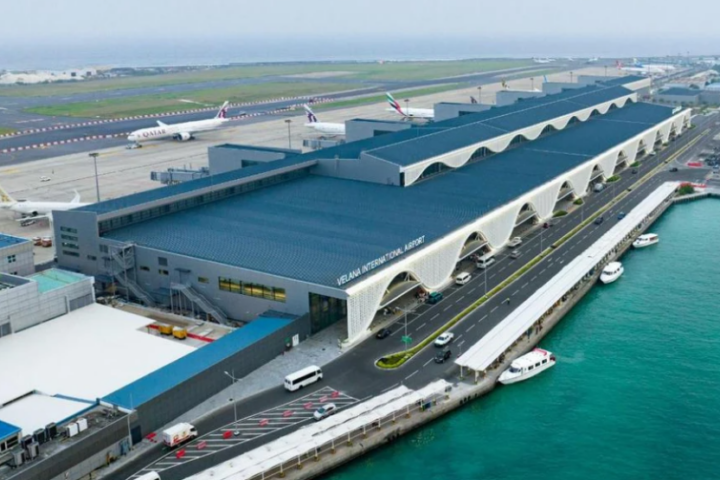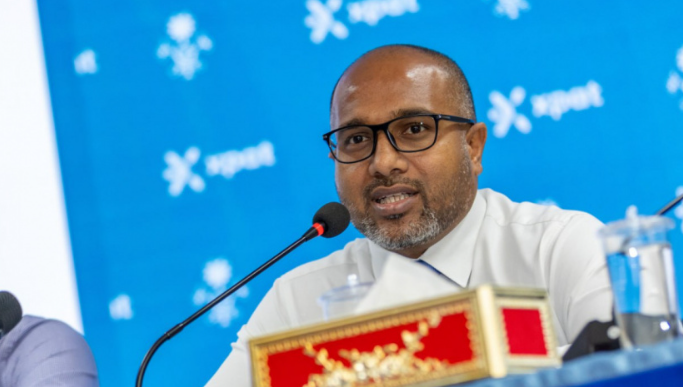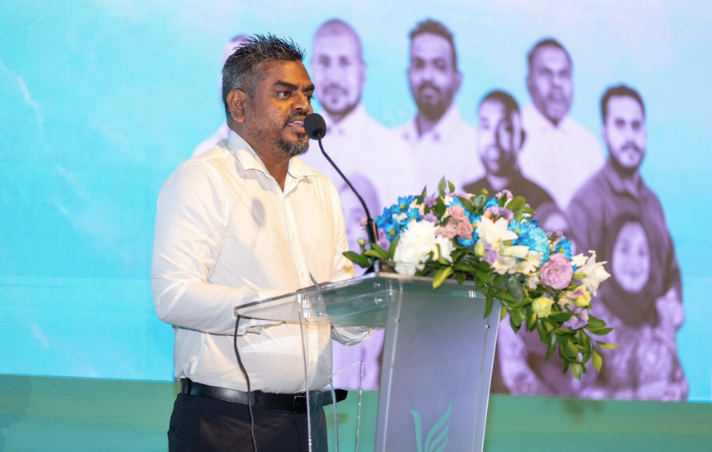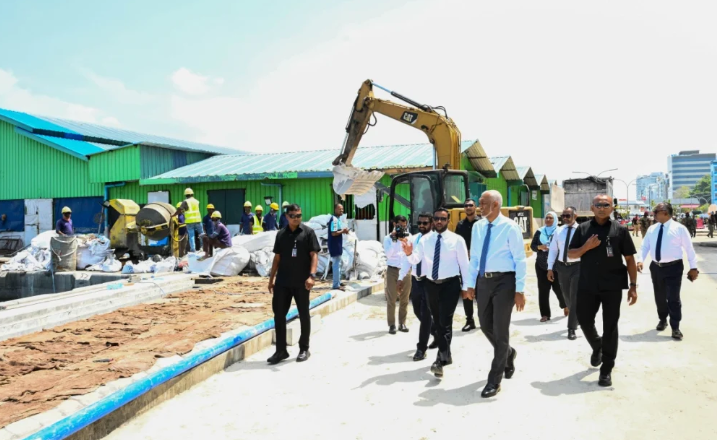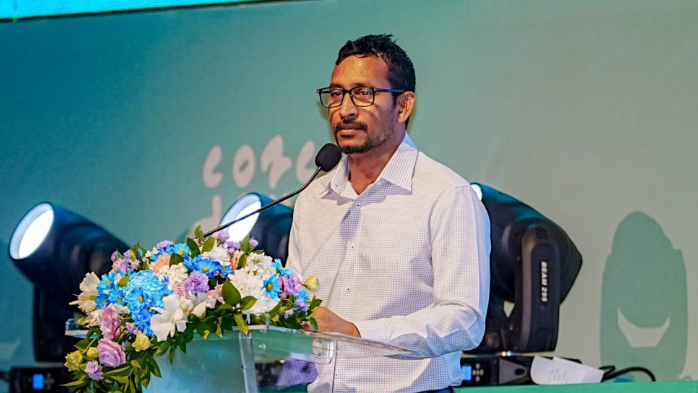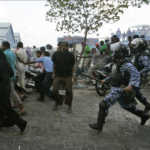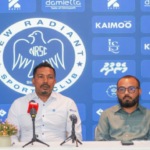MALÉ, Maldives — The government has disbursed more than 910 million rufiyaa to over 14,000 students in a sweeping educational reform during President Dr. Mohammed Muizzu’s first year in office, marking the largest educational investment in the nation’s recent history.
Under Higher Education Minister Dr. Maryam Maria’s leadership, the ministry has rolled out ten comprehensive policies, resulting in 67 scholarship schemes that have benefited 420 students. An additional 1,284 students received loans under a new financing program, bringing the total number of loan beneficiaries studying domestically and abroad to 1,532.
The government’s financial assistance has reached 2,350 new students this year, with a cumulative 11,972 students currently pursuing higher education under various support schemes. The ministry has also facilitated 382 short-term training opportunities for government agencies.
In a move to decentralize higher education, the administration has designated five islands for student housing developments, addressing the long-standing issue of students relocating to the capital for studies. Construction has already begun on several projects, including the National University’s ICT facility at the Thinadhoo campus in Gdh atoll.
The tourism sector, crucial to the Maldivian economy, will see significant development with 200 language training opportunities planned for 2025 in Mandarin, French, German, Russian, and Korean. A five-star training resort concept has been developed, with island already allocated in Laamu atoll.
Technical education has received unprecedented attention, with 50% of loan scheme budgets dedicated to technical fields. The National University has established the College of Fisheries and Ocean Sciences, while construction has commenced on a 250-bed teaching hospital with nursing facilities.
Agricultural education has gained momentum through new partnerships, including scholarship opportunities with the Japan International Cooperation Agency. Plans are underway to establish the Faculty of Agriculture and Food Science in AA. Thoddu, supporting the nation’s food security goals.
The Islamic University has expanded its reach, offering Arabic language courses across seven islands and establishing new Quran memorization programs. The university has also started courses at the Islamic Center in R. Ungoofaaru, with new examination protocols being implemented.
International collaboration has strengthened through five memoranda of understanding with various countries. Both the Islamic University and National University have hosted four international conferences this year, although international student enrollment remains limited, with only one foreign student currently at the National University.
Cultural education has not been overlooked, with the new National Cultural Center in B. Thulhaadhoo focusing on traditional crafts and Maldivian arts. This initiative aligns with the government’s vision of building a creative economy while preserving cultural heritage.
The modernization efforts extend to developing 21st-century skills, with the first draft of a comprehensive strategy already completed. These developments represent a significant step toward the Maldives’ goal of becoming a regional educational hub, though challenges in attracting international students persist.
